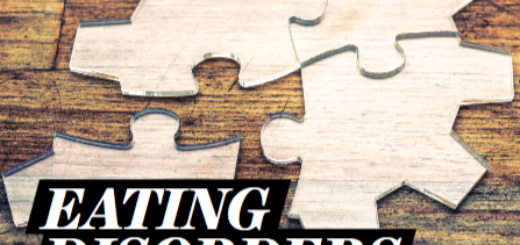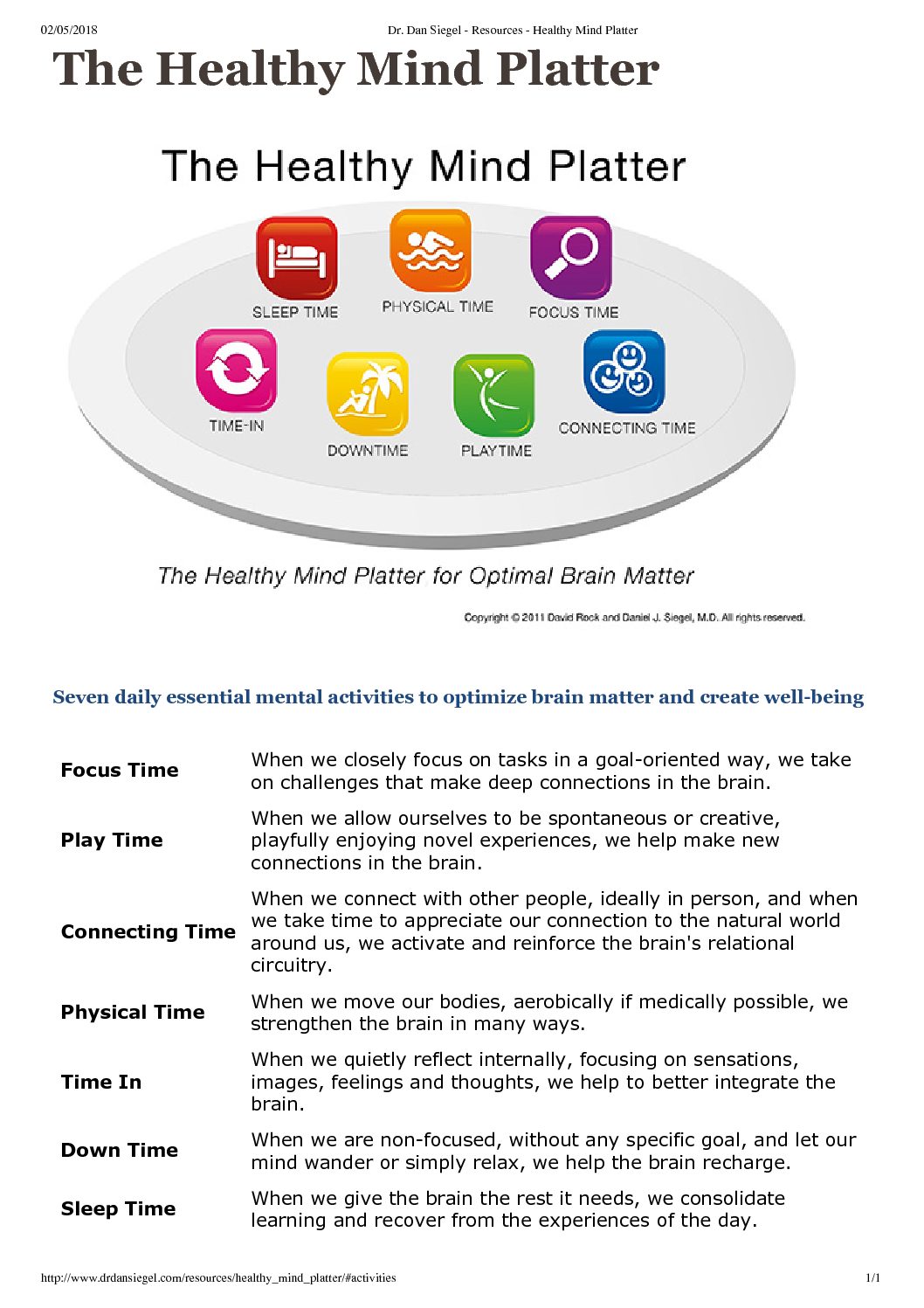Eating Disorders, More Common Than You Think.

Just like healthy bodies, eating disorders come in all shapes and sizes. Anorexia and Bulimia are the most well-known disorders but there are many others. Eating disorders are common, with about one in 20 Australians suffering. They occur in both females and males and can appear at any age or stage of life, including childhood, elderly and when pregnant. It’s a common misperception that you must be underweight to have an eating disorder, in fact, they can occur at any body size. For serious eating disorders, the mortality is as high as 10-20 percent. Thankfully, recovery is possible but it takes a lot of time and help.
Could I have an Eating Disorder?
If you are worried you could have an eating disorder, please speak to a GP, psychologist or psychiatrist experienced in this area, as it’s a specialist field.
Here are some common feelings and behaviours people with eating disorders might suffer. Many of us can probably identify with some of these feelings which don’t necessarily indicate an eating disorder but might prompt you to examine your attitude towards food and health;
Do you worry about your body shape or size a lot? Does food rule your life? Do you feel guilty about eating? Do you lose control while eating or feel guilty about food? Do you use food to manage uncomfortable feelings? Does your diet interfere with your work, personal or social life? Do you restrict certain types of food? Do you eat when not hungry or not eat despite being hungry? If you make yourself sick after eating, use laxatives or exercise to compensate for food you’ve eaten this is of greater concern.
The SCOFF Questionnaire*
These questions are a ‘screening test’ for eating disorders. They are a little more specific but not diagnostic. If you answer ‘yes’ to two or more these questions this indicates a need for further discussion with a professional;
S – Do you make yourself Sick because you feel uncomfortably full?
C – Do you worry you have lost Control over how much you eat?
O – Have you recently lost more than One stone (6.35 kg) in a three-month period?
F – Do you believe yourself to be Fat when others say you are too thin?
F – Would you say Food dominates your life?
A further two are sometimes added;
Are you satisfied with your eating patterns?
Do you ever eat in secret?
Prevention of Eating Disorders. Why is dieting bad?
Dieting is a common trigger for eating disorders. Many people with eating disorders start with the intention of improving their health. This is why it’s so important to avoid restrictive diets, particularly ‘fad’ diets encouraging omission of certain food groups or calorie restriction. Don’t focus on weight loss and body shape, but rather your health. Exercising without proper recovery and nutrition is detrimental to your health, not beneficial. Exercising or ‘dieting’ with a punitive mindset is unlikely to be successful in the long-term and is potentially very harmful.
What is a Healthier Approach to Food and Exercise?
We all live in different healthy body shapes and sizes. Focus on health, not weight. Take a kind and nurturing approach to your body and enjoy all foods in a mindful way. Check in with yourself to see if you’re hungry before eating. When making food choices, ask yourself ‘what would I eat now if I really wanted to nourish my body? Exercise with the intention of improving health and making yourself feel well, rather than to ‘lose weight’. In summary, “everything in moderation, including moderation”.
*Luck, A.J., Morgan, J.F., Reid, F., O’Brien, A., Brunton, J., Price, C., Perry, L., Lacey, J.H. (2002), ‘The SCOFF questionnaire and clinical interview for eating disorders in general practice: comparative study’, British Medical Journal, 325,7367, 755 – 756.















